Last week, we reported about The Cedar Park Jazz Series, an annual celebration of summer, jazz and community in Cedar Park. The free outdoor series returned last Friday with a performance by Dr. Ketchup. This Friday, check out local band Mixed People whose performance will likely get you up on your feet and dancing and singing along. Mixed People was formed in 2012 by guitarist Paulette Branson. The band is a funky, soul fusion with hints of alternative rock and world music. The show begins at 6 p.m.
We have also finally been able to confirm that the annual summer Jazz Heritage Series will kick off tonight at Malcolm X Park (52nd and Pine), weather permitting. This year will mark the 14th anniversary of the series hosted by Councilwoman Jannie Blackwell and Friends of Malcolm X Park.
Here’s the schedule for the shows being held every other Thursday, starting at 7 p.m.:
June 12 – Drummer-Lucky Thomas & Friends
June 26 – The Barbara Walker Story
July 10 – Glenn Bryan and Friends
July 24 – Vocalist Shirley Lites
Aug 7 – The Little Jazz Giants of Camden N.J.
Aug 21 – Alto Saxist Immanuel Wilkins
Sept 4 – Philadelphia CLEF Club Jr. Band
Sept 19 – The Nate Murray Band
Finally, here’s something for our jazz lovers north of Market Street: Concluding the three-part series of Jazz Jams & Art Exhibits and gearing up for PEC’s 8th Annual Lancaster Avenue Jazz & Arts Festival on July 19th, there will be a live performance by Weez The Peeples (Facebook page) this Friday (see flier below). The show will take place at the lot next to 4110 Lancaster Ave. Neighbors are also invited to play along in the Jam and Open Mic session. The series is part of the Second Fridays on Lancaster Ave and is held in outdoor spaces in order to “float the beautiful tunes down the street.” For more information on what else is happening this Friday on Lancaster Ave, check out this Facebook page.



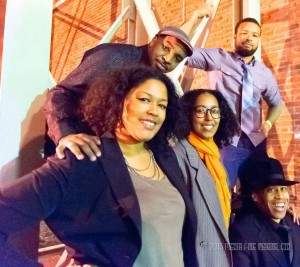


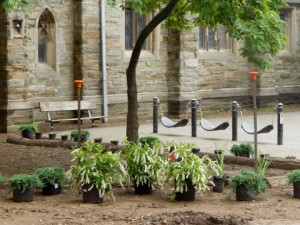
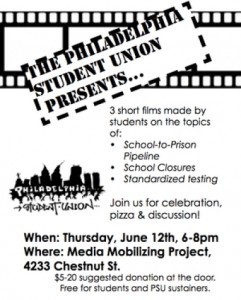 .
.
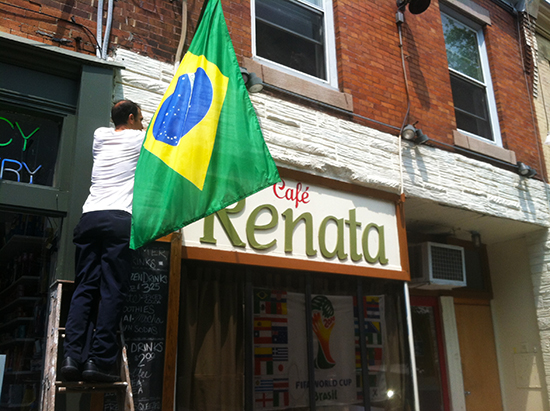
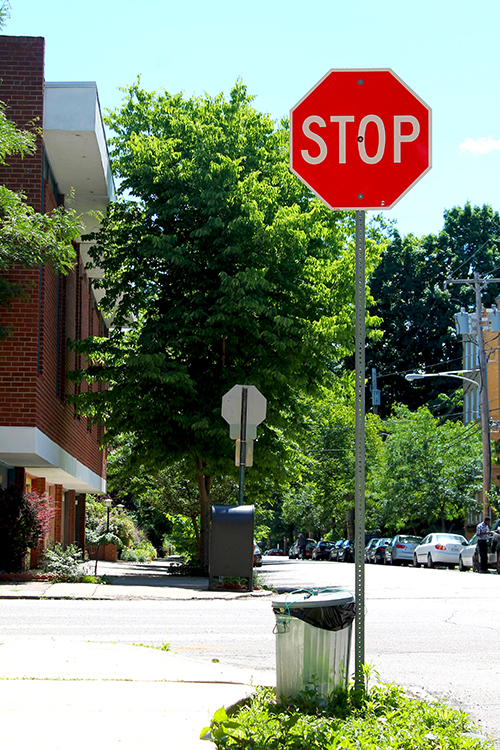
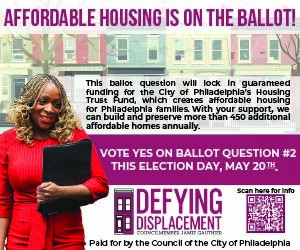



Recent Comments